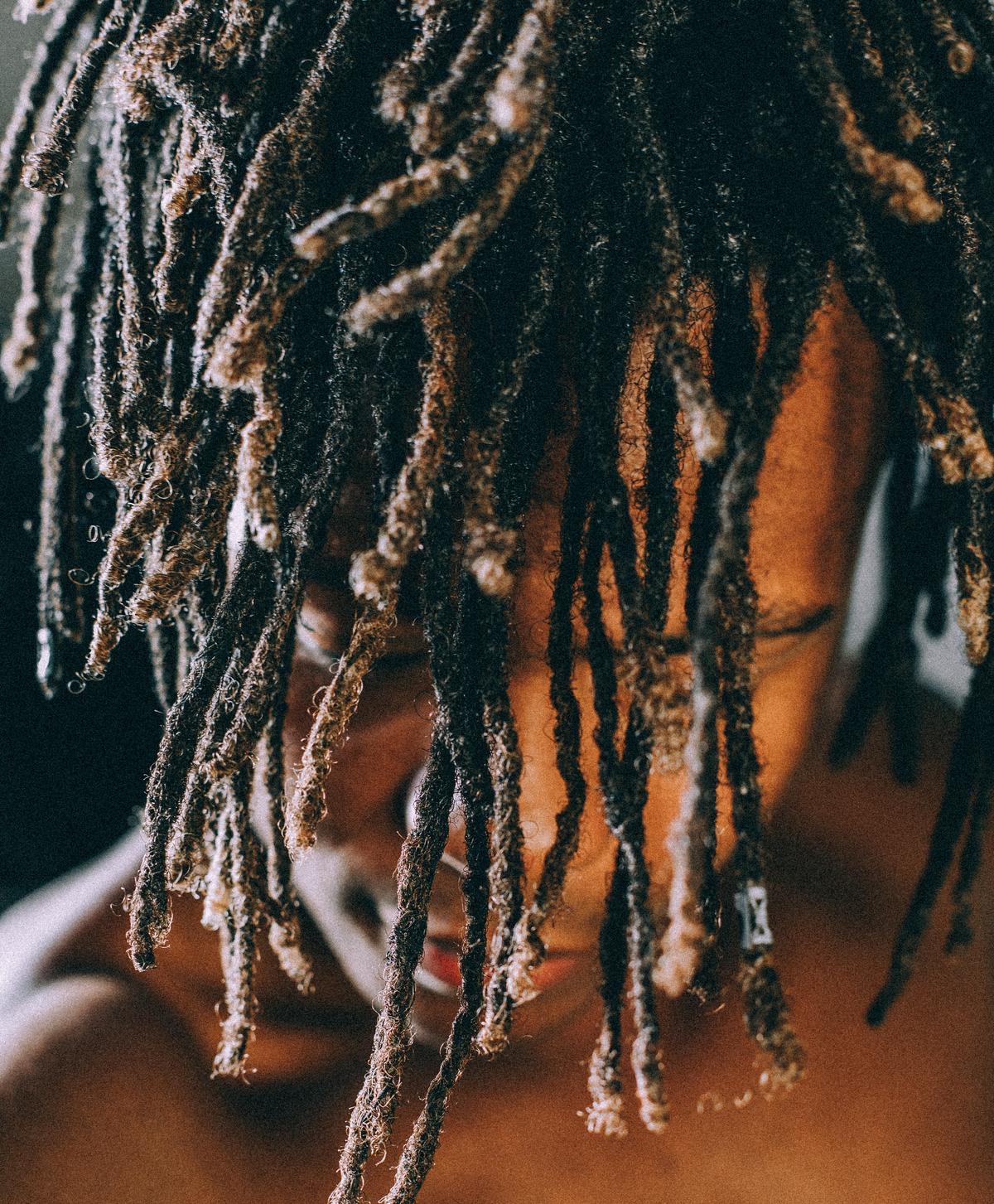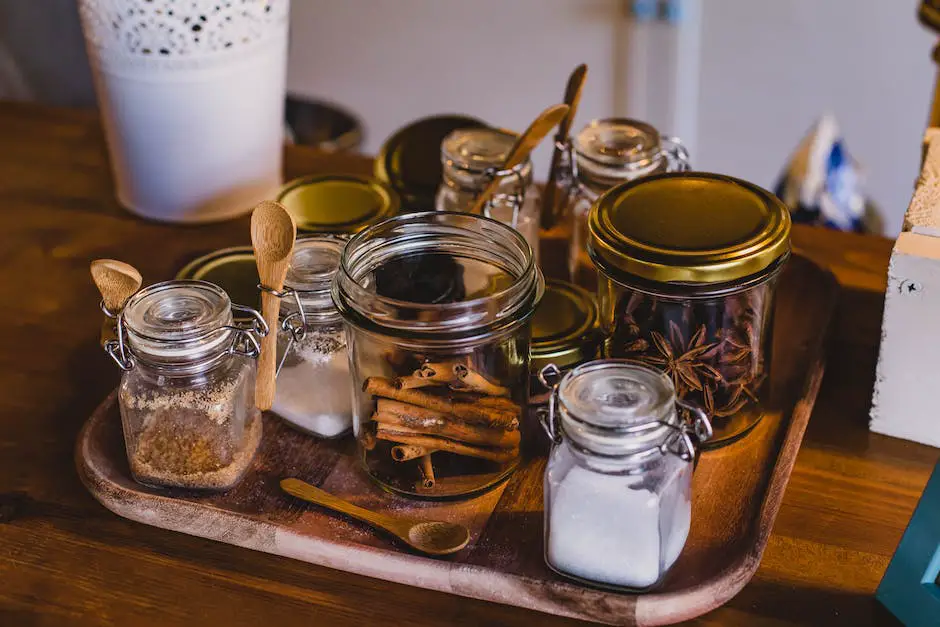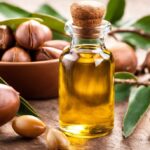Infusing the vibrancy and resilience of African hair with nourishment and hydration is as much a science as it is a loving art. The unique structure of African hair, with its distinct porosity, density, and curl pattern, demands a nuanced understanding of hair care, notably in combating its natural propensity to dryness. From the lush coconut groves to the shea-rich forests to the aloe vera farms, nature has gifted us with a plethora of moisturizing ingredients that can serve to revitalise and hydrate African hair. Developing a routine that leverages these treasures in maintaining our hair’s luster — through pre-shampooing, conditioning, moisturizing, and sealing — is integral to achieving and preserving hair health. Beyond the topical applications, we have to delve deeper and comprehend how proper diet, hydration, and detox can play pivotal roles in maintaining the overall health of our hair. Taking a natural journey in hair care is about understanding, embracing, and nurturing the individuality and richness of African hair.
Understanding African Hair Structure
Understanding the Unique Structure of African Hair
African hair, also known as afro-textured hair, has a unique structure and set of properties. Its shape is often referred to as being like a twisted oval or ribbon. This affects the way it reacts to natural elements and specific hair treatments. To ensure you’re caring for African hair properly, it’s crucial to understand its specific needs and responses.
Considering Porosity
The first factor to consider is porosity, which refers to the hair’s ability to absorb and retain moisture. African hair tends to have high porosity due to its tight coil shape, making it more prone to dryness and breakage. High porosity hair allows more water to enter the strands, but also allows it to escape more quickly, which is why it can often appear dry.
Examining Density
Along with porosity, the density of African hair is another crucial factor. Density refers to how close the hair strands are to each other on the scalp. African hair typically has a low to medium density, which results in each strand needing more individual attention during moisturizing treatments.
Identifying Curl Pattern
Lastly, examine the curl pattern of the hair. African hair has a variety of curl types, ranging from loose waves to tight, zig-zag patterns. This variance in curl pattern can influence how products are absorbed and how moisture is retained.
Understanding Dryness in African Hair
Dryness in African hair can result from various factors, such as the environment (low humidity can cause dryness), hair products (those with alcohol or sulfates can strip hair of natural oils), and lifestyle (any practices that overly manipulate the hair such as certain hairstyles or heat-styling tools). These can take a toll on African hair, leading to dryness and potential damage.
Navigating Hair Treatments for African Hair
As you research and learn about the distinctive properties of African hair, it greatly informs how you choose and apply treatments. Understanding that African hair has high porosity means you are more likely to invest in deep conditioning treatments to retain moisture. Knowing the low to medium density of this hair type can lead you to create a personalized care routine that meets the needs of your individual strands. And identifying a diverse curl pattern helps you to choose suitable products that will enhance your unique curls rather than trying to adapt them.
Above all, the commitment to researching the unique structure and properties of African hair is crucial in finding and implementing the most effective strategies to combat its natural propensity to dryness. Knowledge in this area will reap many benefits in keeping the hair healthy, well-moisturized, and gorgeous.

Photo by good_citizen on Unsplash
Natural Moisturizing Ingredients
Understanding Moisturizing Ingredients for African Hair
African hair is known for its unique texture and curl pattern, but it also has a tendency to become dry and brittle due to its structure. Remedy this by understanding the different natural ingredients that are known for their moisturizing qualities and how they can be applied to African hair.
Coconut Oil for Moisturizing African Hair
Coconut oil is considered a powerful hair moisturizer due to its rich supply of fatty acids. It penetrates the hair shaft quickly, making it an excellent natural ingredient for treating dryness and reduce protein loss in both damaged and undamaged hair. Warm a small amount of pure coconut oil and apply it to damp hair, ensuring to evenly distribute it from your root to the ends. Let it sit for about 30 minutes to an hour, then rinse it off with a mild shampoo.
Shea Butter for Deep Conditioning African Hair
Shea butter is highly nourishing and has amazing emollient properties, making it very efficient in reducing dryness and hair breakage. Melt shea butter gently and apply it to your hair sections from the roots to the ends. Leave it on for about 30 minutes, then wash it off with a mild shampoo. It can be used before shampooing your hair, as a conditioner or can be left in the hair as a leave-in conditioner.
Using Aloe Vera for Hydrating African Hair
Aloe vera is well-known for its hydrating, anti-inflammatory, and pH-balancing properties. It’s beneficial attributes can aid in hair growth and can fight off dandruff. Apply aloe vera gel directly to your scalp and hair, then leave it on for approximately 30 minutes before rinsing it off with cold water.
Additional Moisturizing Ingredients for African Hair
Other natural ingredients that can be used are olive oil, honey, and avocado. Olive oil is rich in vitamin E and fatty acids which moisturize the hair and prevent breakage. Honey acts as a natural emollient, making it a great hair conditioner that smoothens your hair. Avocado is rich in vitamins A, D, E, and contains proteins and amino acids that promote healthy hair growth.
Choose the best natural ingredients that suit your hair and incorporate them into your hair care routine. They might not all provide immediate results, but consistency in using these naturally moisturizing ingredients will help over time. Remember to always treat your African hair gently, since it is essentially fragile and goes a long way in maintaining its health.

Developing a Natural Hair Care Routine
Step 1: Incorporate Pre-Shampooing or Pre-Poo
Pre-shampooing or pre-poo is the process of applying a treatment to your hair before the actual shampoo process. This treatment can provide your hair with a protective layer, creating a buffer between your hair and the shampoo, which can sometimes strip your hair of its natural oils.
Natural ingredients used for pre-poo treatments often include oils such as coconut, olive, or jojoba oil. You can apply this oil throughout your hair, cover with a shower cap, and leave it on for about 15 to 30 minutes before washing your hair as usual. Some people prefer to leave the pre-poo treatment on overnight for intense hydration.
Step 2: Use Natural Conditioners
Conditioning is a critical step in your hair care routine because it can help restore moisture to your hair after shampooing. Natural ingredients can work great as conditioning agents.
One of the most popular natural conditioners is the avocado, known for its high fat and vitamin E content, which are great for nourishing and strengthening the hair. To use avocado as a conditioner, simply mash it until it becomes a paste, apply it to your hair after shampooing, leave it on for about 15 minutes, then rinse.
Other natural ingredients you can use as conditioners include banana, honey, and aloe vera.
Step 3: Keep Hair Moisturized
Moisturizing African hair regularly is crucial to prevent dryness and breakage. One of the best ways to moisturize is using water-based products because water is the ultimate hydrator. After moisturizing, apply oil to seal in the moisture.
Natural moisturizers include shea butter and aloe vera. Shea butter is renowned for its emollient properties and can provide intense hydration for dry, brittle hair. Aloe vera, on the other hand, is also a great hydrator and can help balance the pH of your scalp, promoting healthy hair growth.
Step 4: Seal in Moisture
Sealing is the last step in your hair care routine. It’s about applying an oil or butter to your hair to trap in the moisture and prevent dryness.
Some of the best natural sealants include grapeseed oil, jojoba oil, and shea butter. These can lock the moisture in and also add an extra layer of protection against environmental factors that can contribute to hair dryness.
The Role of Diet
The health of your hair is not only determined by external care but also by what you nourish your body with internally. Consuming a diet rich in Omega 3 fatty acids, vitamins A, C, E and minerals like iron and zinc, can contribute significantly to maintaining hydrated, healthy hair. Incorporate foods like salmon, spinach, berries, and nuts into your diet to help combat dryness in your hair.
Following these steps while being consistent and patient can help you triumph over dryness in African hair naturally.

Detox and Hair Health Maintenance
The Importance of a Healthy Diet and Hydration for Hair Health
For optimal hair health and moisture, diet plays a significant role. Consuming the right nutrients can enhance hair growth and health. Foods rich in omega-3 fatty acids, such as fish, flaxseed, and walnuts, can help nourish the hair and help it to retain its natural moisture. Similarly, foods packed with vitamin A, like sweet potatoes, spinach, and kale, can help sebum production – a natural oil necessary for scalp and hair health. Proteins are also essential as hair is primarily made up of proteins; foods like eggs, poultry, and lentils can significantly contribute to hair strength and growth.
Hydration also plays a crucial role in maintaining hair health. Water helps to keep hair cells healthy and aids in the overall growth and strength of the hair. Adequate water consumption improves the circulation of nutrients in the body, which benefit the hair follicles on the scalp and promote hair growth.
Understanding the Effects of Harmful Chemicals in Hair Products
Hair products with toxic chemicals like parabens, sulfates, and synthetic fragrances can strip all the natural oils out of African hair, leaving it dry and brittle. These harsh substances can not only damage your hair and scalp over time, but they can also alter the natural pH of your scalp, leading to various issues like dandruff and hair breakage. It’s important to learn how to read labels and identify these harmful ingredients in products before using them.
Natural Methods to Detox and Promote Hair Health
There are plenty of natural remedies to detox your hair and promote its overall health. Some of them are:
- Apple cider vinegar rinse: The acetic acid in apple cider vinegar can gently cleanse the scalp and maintain its pH balance, which is essential for healthy hair growth. Mix a couple of tablespoons of apple cider vinegar with water, and after shampooing, pour the mixture over your hair evenly, massaging it into your scalp. Let it sit for a couple of minutes before rinsing.
- Bentonite clay mask: Bentonite clay has detoxifying properties that can benefit your scalp and hair. It helps to cleanse your hair by drawing out impurities and toxins, leaving your hair clean and moisturized.
- Incorporating essential oils: Essential oils like rosemary, lavender, and peppermint can stimulate the scalp, encouraging hair growth.
Remember, a consistent hair care routine combined with a balanced diet and good hydration will help combat dryness and promote the overall health of your hair.

Immersing ourselves in the mystical world of natural hair care uncovers the unique attributes of African hair, offering a deeper appreciation of its beauty and versatility. What may initially seem like a challenging task — managing dryness —can be solved through simple, nourishing natural remedies. Coconut oil, shea butter, aloe vera and others, when employed in a diligent hair care routine, act as potent moisture agents to slap dryness away from our crowning glories. Additionally, the value of taking care of our body internally, by maintaining a healthy diet and staying hydrated, becomes evident in the vitality of our hair. Finally, a clean system, rid of harmful chemical remnants from certain hair products, visibly rewards us with healthier, livelier hair. Remember, the journey towards a healthier mane begins with an understanding of your hair type and creating a personalized, natural hair care routine to combat dryness and embrace the full vigor of African hair.










